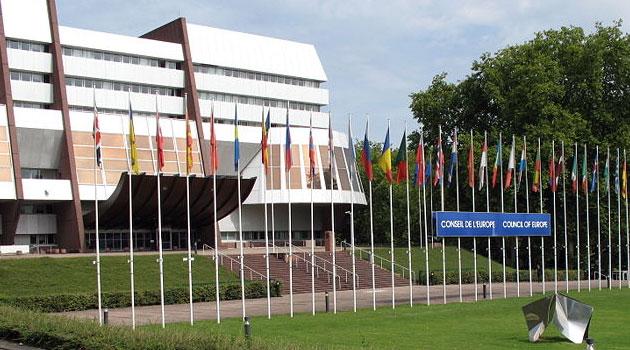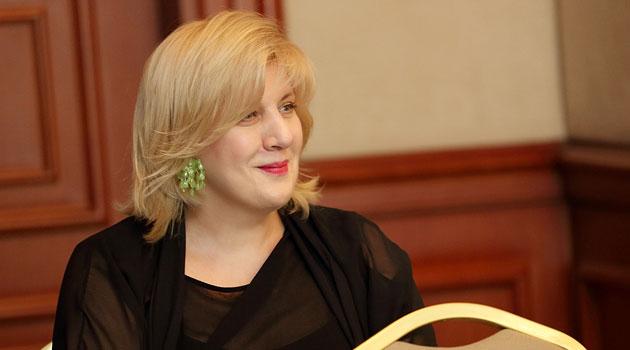Council of Europe Commissioner for Human Rights, Secretary General issue statements honoring 2 August

The Council of Europe’s Commissioner for Human Rights, Dunja Mijatović, has issued a statement marking 2 August, the European Holocaust Memorial Day for Sinti and Roma, by reminding the 47 member states of the Council of Europe that it is imperative for European society to “relentlessly” combat antigypsyism. In the statement, she called the annual 2 August commemorations “crucial” and shared a link to a virtual commemoration ceremony that will broadcast live the events taking place at the Auschwitz Memorial on Sunday to honor this history.
“I welcome the fact that more and more actors across Europe are involved in exposing the tragic chapters of Roma history by means of truth and reconciliation commissions and other such mechanisms. It is essential to continue exploring the past and disseminating information about it in society in order to foster reconciliation and trust,” the Commissioner for Human Rights said.
“This year, the COVID-19 pandemic highlighted once again the heightened vulnerability of Roma to human rights violations. In a statement of 7 April 2020, I warned against the scapegoating of Roma, ethnic profiling and other discriminatory measures, and urged governments to ensure equal protection and care for Roma during the crisis,” she also noted.
“At the same time, forced evictions, hate speech and police abuses targeting Roma have not stopped. It is therefore of the utmost importance to remember that the persistence of prejudices, racism and discrimination inexorably forms the bedrock for the repetition of serious human rights violations,” Mijatović said.
Council of Europe Secretary General Marija Pejčinović Burić has also issued an online video statement to mark 2 August 1944, when the remaining prisoners of the so-called “Zigeunerlager” (“Gypsy Camp”) – some 3,000 children, men and women – were exterminated in the gas chambers of Auschwitz-Birkenau. She, too, expresses appreciation for how an increasing number of European countries are formally recognising 2 August: “A better future can only be built on a solid understanding of the past”, she says.
Although exact figures do not exist, historians estimate that some 500,000 Roma people were murdered during the Second World War. “My thoughts today are with those who lost their lives, those who survived and the Roma and Traveller communities who continue to contribute to the rich and diverse cultural life of our continent,” the Secretary General said.
The commemoration of 2 August is a key event for the Council of Europe, underlining the importance of teaching remembrance as well as honouring the Romani victims and survivors of the Holocaust. The Secretary General praised a recent recommendation adopted by the Committee of Ministers for all 47 Council of Europe member states on teaching Roma and Traveller history in schools.
For several years, the Council of Europe has held commemoration ceremonies to mark 2 August in front of the Palais de l’Europe in Strasbourg. However, due to the Covid-19 crisis, the online video statement by the Secretary General will replace the usual in-person gathering this year.
